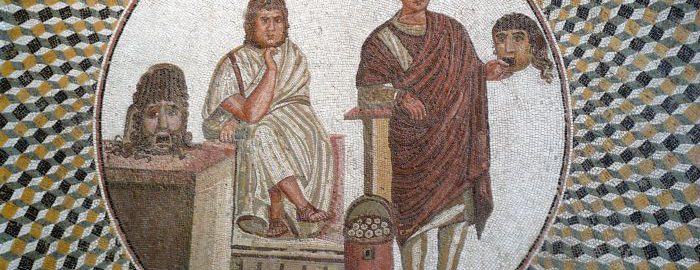Roman actors had a bad reputation, and their morals often faced the humble and decadent lifestyle of society. Most often, the actors were slaves or freedmen from the East, due to the fact that Roman law did not see any performances of Roman citizens on the stage.
The actors’ performances could be lewd, highly sexual and offensive, leading to criticism by the conservative Roman society. Often the actors allowed themselves to criticize the political scene of the state, which caused negative reactions from the emperors. For example, the emperor Julian the Apostate forbade Roman priests from going to theatrical performances, which would also strip the arts of their prestige.
The emperor Tiberius did not agree to any contact between the actors and representatives of the upper classes. In the days of the early Republic, women did not have access to the actor’s profession due to the inappropriateness of the profession. In imperial times, many women became famous actresses, which was criticized by the male side of the profession. Of course, there are also popular male actors: a certain Roscius – a comedy actor or Aesopus – a tragic actor. Some actors also had numerous friends in the higher circles, which allowed them to get things done.






